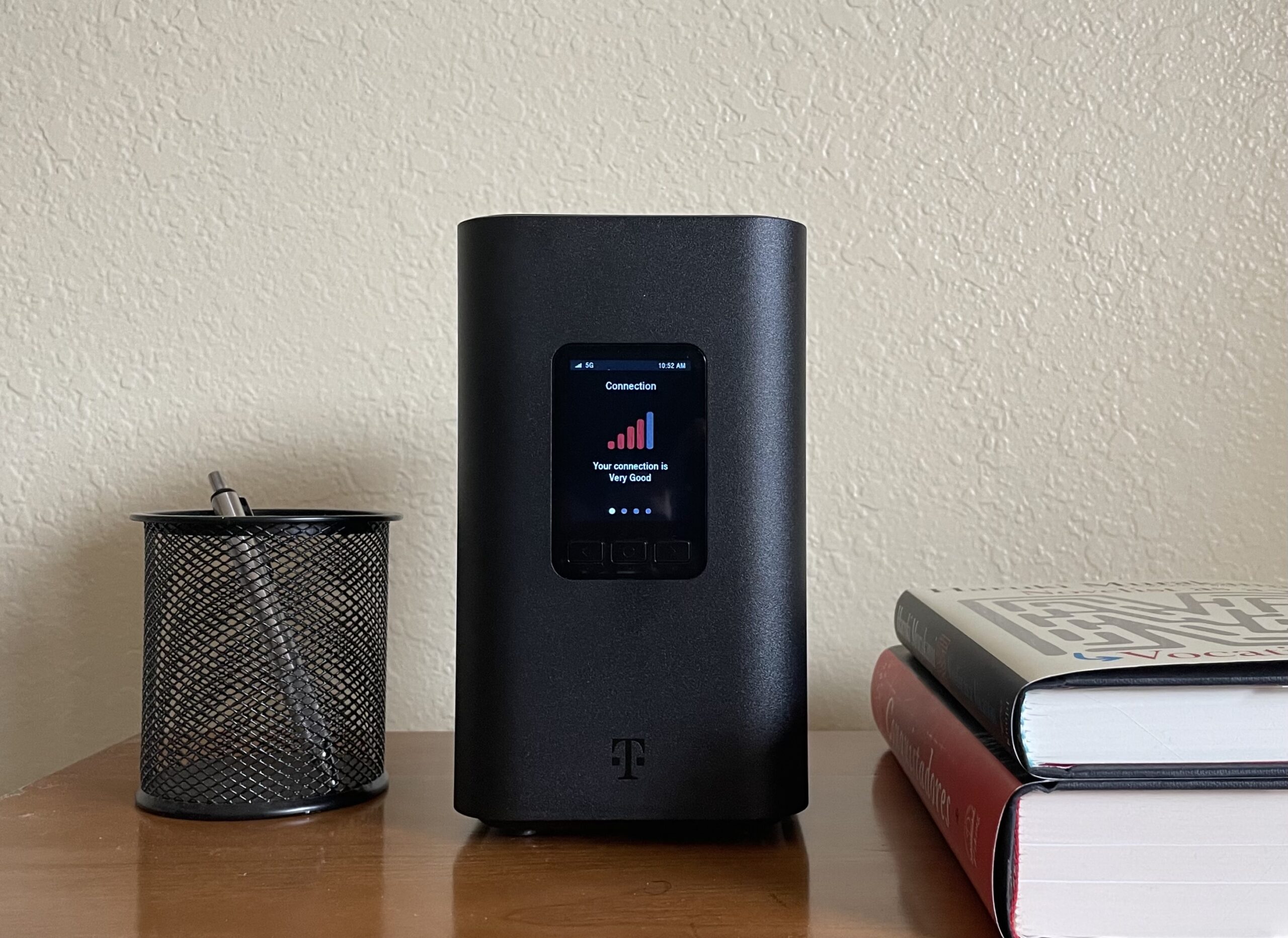How To Negotiate Your Internet Bill
Sep 15, 2023 | Share
How-To
If you need to tighten your budget, your internet bill is a good place to start. Internet service providers (ISPs) are often willing to negotiate lower rates to keep customers happy, but that doesn’t mean they just roll over because you demand a lower monthly bill. To have the best chance of success, you need to do some research and develop a strong argument for your proposed discount.
This guide walks you through the best way to contact your internet provider regarding rate negotiations and what you should say at the negotiating table.
Paying too much for internet service?
Maybe it’s time for a new provider. Enter your zip code to see what’s available in your area.
Contact your ISP by phone
Calling your internet provider’s customer service line is the best way to start a rate negotiation. These conversations are often complex—the representatives may need to look up plan details, performance data, and policies. The process is much better suited to a phone call than chat or an email.
Keep your cool and be prepared for a long phone call. The person who answers your call first will likely need to transfer the call to another agent; this may even happen several times before you get a representative who can lower your bill.
The process can be frustrating, but remaining calm, cool, and collected is essential. The days of companies rewarding customer temper tantrums are long gone. Come armed with an argument, not an attitude.
Before you call
Before you contact your ISP, do some research and find the answers to a few important questions. Arming yourself with this info increases your odds of success.
Research competitor plans and pricing
Know all your options before you begin haggling. Our zip code search tool makes this very easy. Just enter your zip code below to get a list of every internet option in your area.
Check your internet performance
If you experienced outages and slowdowns, you have one of the strongest arguments for a discount on your internet bill. However, many ISPs require proof of poor performance before making a significant adjustment. Outages are easier to prove, as ISPs can track outages on their end. Just bring it up with the phone rep, and they should be able to look up the outage data or connect you to someone who can.
Proving slow speeds is a little more tricky. Internet speeds can fluctuate throughout the day, and your plan’s advertised speed is usually your connection’s top speed over a wired connection—not a guaranteed performance speed. So don’t expect a discount if your connection isn’t much slower than your plan’s speeds—especially over Wi-Fi. But that doesn’t mean your ISP isn’t willing to compensate you for poor performance. The best way to prove slow speeds to your ISP is by using an internet speed test.
Download speed
000 Mbps
Upload speed
000 Mbps
Latency (ping)
00 ms
Jitter
00 ms
The most effective argument is proof of consistently slow speeds. That means collecting multiple speed test results over multiple days. Our free speed test app is the perfect tool for the job, as it automatically catalogs and organizes your speed test results. All you have to do is run the speed test and review your results using the history tab in the app. You can download the speed test on your mobile device using one of the links below.
Are you still in a term contract?
There’s a good chance you agreed to a term contract when you signed up for your internet plan. This locks you into the plan (and your monthly rate) for a specified amount of time, typically one or two years. If you cancel early, you may be subject to early termination fees. Consider this additional cost before agreeing to cancel your plan.
Being in the middle of a contract weakens your bargaining power, as your ISP knows you can’t just up and leave without paying penalty fees. If your contract is ending soon, it may be worth waiting for it to expire before you try to haggle for a better rate, as you’ll be in a much better position to do so.
Are you willing to cancel your plan?
This is something you should decide before you contact your ISP, and the reason why it’s important to research competitor plans first. Do any other plans offer the speeds and features you need? Is the pricing better than what you’re already paying? How long would it take to get the new service up and running if you did switch?
Knowing all this beforehand allows you to lead the conversation with your ISP in the right direction and provide support for your case for a lower rate.
Choose an argument for a lower rate
Requesting a lower monthly rate solely based on your opinion of what’s fair may work occasionally, but your chances are much better if you present additional reasoning with supporting evidence. Let’s go over some of these strategies.
Ask for a discount due to poor performance
You can ask your ISP to compensate you due to the poor performance of your internet service. Sometimes, the ISP can see how many outages you’ve experienced and prorate your bill accordingly. You can also request a discount based on slow speeds compared to your internet plan’s advertised speeds. If you have the evidence to support poor performance, either through the ISP itself or your own methods (like speed test results), this is an effective way to save some money on your bill.
The downside is that this is usually a one-time discount. If you keep experiencing issues, you can continue to call in each month and hopefully get your bill reduced each time. However, it’s difficult to negotiate a recurring monthly discount based on poor performance alone.
Ask for a discount based on competitor pricing
You may have found a better deal through another ISP, in which case you can ask your ISP for a discount to motivate you to stay. It can get complicated comparing internet plans from different ISPs due to different internet types, plan features, etc., but comparing the prices of two plans with similar speeds is the simplest approach. If you found an internet plan offering similar speeds for a lower rate, present this information to your ISP and see what they’re willing to do.
Ask for promotional pricing
Internet service providers often offer new customer special deals. While this incentivizes new customers to come on board, it can also make loyal customers feel unappreciated. If your ISP offers a deal or promotional pricing to new customers only, it’s worth it to ask if you can get the same advantages applied to your existing plan.
Other ways to lower your internet bill
If you can’t negotiate a lower rate with your existing plan, there are still ways you can save on your internet bill.
Change your internet plan
Provider plans change frequently. If it’s been a while since you signed up, your ISP may have a whole new roster of internet plans. And there may be one that’s a better fit for your budget and needs. Head over to our providers page to find your ISP’s newest deals.
Switch to a different internet provider
Your best move may be to start fresh with a new ISP. There are probably more choices since you last checked. New internet tech like fixed wireless and satellite broadband have created new internet options for millions of Americans.
Our zip code search tool shows all the internet providers available in your area. From there, you can compare plans and find something that works better for you. Enter your zip code below to get started.
See if you qualify for the ACP
The Affordable Connectivity Program (ACP) can save low-income households $30 on their monthly internet bill. And if you qualify, you don’t need to switch providers or even your plan; the discount can be applied to almost any internet plan. Check out our ACP guide to see if you qualify.
Author - Austin Aguirre
Austin worked as a broadband technician installing and troubleshooting countless home internet networks for some of the largest ISPs in the U.S. He became a freelance writer in 2020 specializing in software guides. After graduating with a BS in technical communication from Arizona State University, he joined the team at HighSpeedInternet.com where he focuses on home network improvement and troubleshooting.





